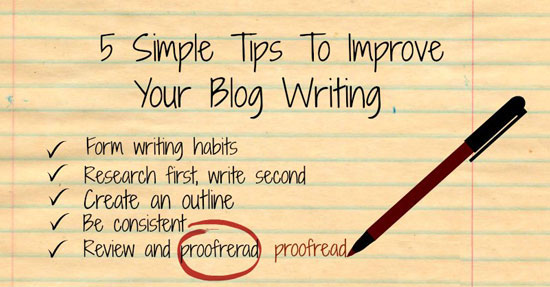The Long and Short of it | How long should a blog be? |
|
by David Dwyer on 23/08/2018 |
|
The content on your website is not just there to fill in the white bits, it has to work for you in some way or it’s simply a costly space filler. Acres have been written about writing; what works, what doesn’t, and we’re going to examine a specific topic: long form versus short form. Which works best, which will improve your search engine results, which will improve dwell time, which will best serve your customers - existing or prospective? Both have their place, both can help you achieve your desired results but that’s not to say that they are equal, they’re not. The differences between them are significant, and the correct choice is important to how you present yourself, your ideas, your values and your services. Some of these differences are quantifiable, others are more nebulous, but it is possible to draw useful conclusions.
Long versus short - what do we mean? Anything over 1000 words is generally considered long form, less is seen as short. Typically short form pieces will run around 500 words, although slightly shorter or longer is not unusual. Content as value Before you create content, or pay for it’s creation, you need to be clear about what you want, why you want it and what it is intended to do for your business. This ideally should form part of your brief, regardless of whether your copywriter is in-house or external. It is important to understand where the content sits in relation to your overall marketing and SEO strategy - filler is nobody's friend and you should avoid it like the plague. Moreover because of the way Google, Bing and others trawl websites to build search indexes, low quality, information-poor content will not contribute to your visibility and may adversely affect it . Content, long or short, should be informative and attractive. It can suggest a direction of travel to the reader, whether that be an enquiry, a phone call or further reading. It should do something even if that is simply inform them.
Cons:
Short Form advantages
Cons
It was significant that while researching this piece, a search in praise of short form content was predominantly finding articles and opinions from several years ago, it would seem that there has been a shift in perception. The advantages claimed for it were as listed above but they tended to emphasise the benefits to the creator rather than to the reader or intended audience. While we hesitate to be too black or white about this, we would definitely think that a style of content that puts the needs of the creator above those of the recipients may be somewhat lacking. An alternative view is expressed here although it is significant that this article instances mixed and predominantly visual media - not really comparing like with like - and concludes that you should embrace short form before it disappears, something of a mixed message! We would suggest that long form demonstrates considerable advantages in the current online space. It is favoured by search engines and there is sufficient evidence to suggest that line-for-line is carries greater weight and impact than short form. You can reduce long form content into small, more digestible chunks should you feel the need to do so; concatenating several short form pieces is more difficult. If we can say one thing with certainty it is that nothing is certain. A few years ago various pundits were loudly proclaiming the death of long form content, they were wrong to do so then just as we might be wrong to write off short form today. If you would like to discuss this with us as part of your overall SEO strategy, please contact us. By staying on top of trends and changes Inspire ensures that our advice remains relevant today and everyday. |
|
Inspire Web Development, Inspire Web Services, Local SEO, Search Engine Optimisation, Web Design, Website Content, Website Copywriting
|





















